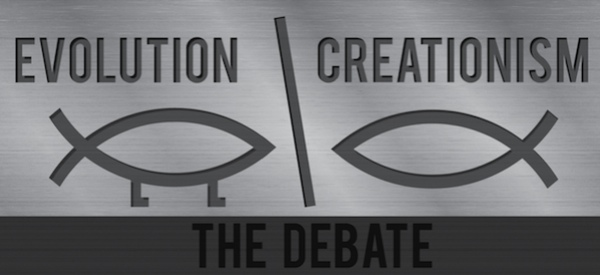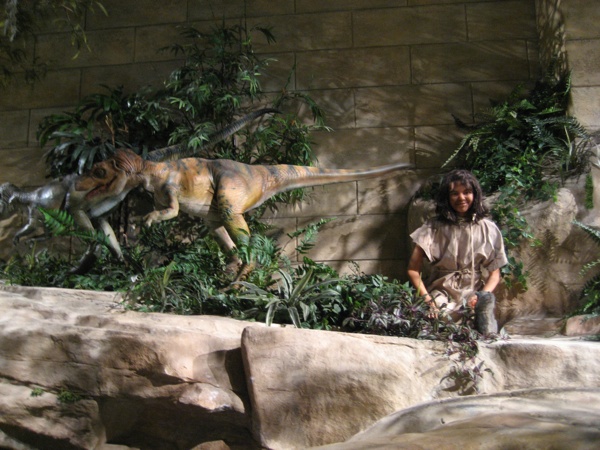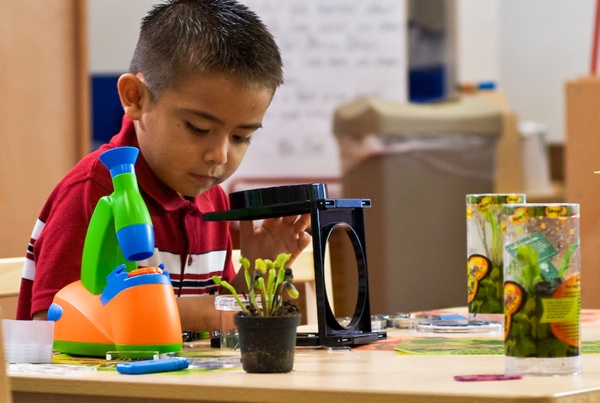 History
History  History
History  Health
Health 10 Everyday Activities That Secretly Alter Consciousness
 History
History Top 10 Historical Disasters Caused by Someone Calling in Sick
 Animals
Animals 10 New Shark Secrets That Recently Dropped
 Movies and TV
Movies and TV 10 Forgotten Realities of Early Live Television Broadcasts
 Technology
Technology 10 Stopgap Technologies That Became Industry Standards
 Weird Stuff
Weird Stuff 10 Wild Facts About Taxidermy That You Probably Didn’t Know
 Travel
Travel 10 Beautiful Travel Destinations (That Will Kill You)
 Miscellaneous
Miscellaneous 10 Modern Marriage Rituals Born from Corporate Branding
 Weird Stuff
Weird Stuff Ten Bizarre Visions of 2026 from Fiction
 History
History 10 “Modern” Problems with Surprising Historical Analogs
 Health
Health 10 Everyday Activities That Secretly Alter Consciousness
 History
History Top 10 Historical Disasters Caused by Someone Calling in Sick
Who's Behind Listverse?

Jamie Frater
Head Editor
Jamie founded Listverse due to an insatiable desire to share fascinating, obscure, and bizarre facts. He has been a guest speaker on numerous national radio and television stations and is a five time published author.
More About Us Animals
Animals 10 New Shark Secrets That Recently Dropped
 Movies and TV
Movies and TV 10 Forgotten Realities of Early Live Television Broadcasts
 Technology
Technology 10 Stopgap Technologies That Became Industry Standards
 Weird Stuff
Weird Stuff 10 Wild Facts About Taxidermy That You Probably Didn’t Know
 Travel
Travel 10 Beautiful Travel Destinations (That Will Kill You)
 Miscellaneous
Miscellaneous 10 Modern Marriage Rituals Born from Corporate Branding
 Weird Stuff
Weird Stuff Ten Bizarre Visions of 2026 from Fiction
10 Reasons Creationism Should Be Taught in School
Creationism—in a nutshell—is the belief that God or some form of higher power had a hand in the creation of mankind and the universe. There has been furious debate about whether or not this way of thinking should be taught in schools, here are ten arguments in favor of it being taught in schools.

Reason: People want it
Regardless of your personal feelings on the matter, the wants and needs of the many out weigh the wants and needs of the few and according to a poll of several thousand Americans, twenty percent believed that only evolution should be taught in schools, and sixteen percent believed that only creationism should be taught. The remainder supported the notion of teaching both: evolution in the science class, and creation in a philosophy class. Either way you look at it, that’s a decent chunk of people asking for the same thing. You don’t even need that many people to agree on something to elect the president.

Reason: It’s a legitimate belief system
Though evolution is almost universally accepted by scientists, a great deal of non-scientists still believe in some of the teaching of creationism. For example, a Gallup poll in 2010 revealed that four in ten Americans believed in strict Creationism, whereas in the UK that number sits at closer to two in ten. Whether or not you believe it isn’t the point, the point is that this is a belief held by a significant number of people—people who, like you and me—pay taxes for their children’s education.

Reason: Religious studies are painfully lacking
Religious studies are almost non-existent in the Western world in the public school system. Some would say this is a good thing, as it separates the church and the state, but is it really a bad thing to teach children how to better understand their fellow man? According to statistics, there are well over a dozen separate belief systems in the US alone. It isn’t a bad thing to teach children about the various aspects of these difference faiths in a non-biased way. Even Darwin himself expressed the notion that ignorance is more dangerous than knowing nothing.

Reason: It’s important for children to know all ways of thinking
It’s easy to sit back and say that we should only teach children evolution because we perceive that as the right way, however, school isn’t just about maths, science, English and history. There’s a side of education usually referred to as the hidden curriculum. This is the side effect of regular school life and is how most children pick up social norms, beliefs and basically the things that will mold them as a person. Creationism and other such belief systems inspire debate and encourage children to articulate thoughts that help them develop skills that simply cannot be gained through a strictly academic education.

Reason: Freedom of speech and expression works both ways
Arguing that creationism is forcing religion on children is akin to saying a history class on World War II is forcing fascism on children. Living in a society that allows people to express their views openly without fear of hostility as long as they do it nicely means that we will often have to hear things we disagree with. It’s important for children to know and understand these views. Painting every issue as black and white, right and wrong gives them an unrealistic view of a world. The same thing that gives you the right to not believe in religion gives other people the same right to practice it.

Reason: It doesn’t necessarily disagree with science
One commonly-held view of creationists is that they are a bunch of religious zealots feverishly ignoring an ever increasing amount of evidence contrary to their beliefs. However, although those people exist, there also exists a sizable number of people who believe the two trains of thought can co-exist.
Old Earth creationists don’t necessarily disagree with mainstream science, in fact they openly embrace it, they simply believe that God, or some other higher power played a part in the events that led to our creation. Even the pope says that faith and evolution can co-exist. And I’m pretty sure that the priest who come up with the idea of the big bang would have agreed with him.

Reason: Creationism is misrepresented
As mentioned above, not all creationists argue against scientific evidence. Some simply prefer to believe that God had a part in it rather than not knowing. They don’t belittle scientific theory or try to argue against it, they simply want to believe that the large unknown force that caused all life as we know it was a deity of some kind.
However, most creationists are painted as lunatics and with atheism on the rise in the younger generation, people who simply wish to have faith in a higher power are being constantly misrepresented. With impartial education about the key facts, that would no longer be the case.

Reason: It’s an important part of history
Like it or not, creationism dominated human belief for centuries: even if you don’t believe it now, our ancestors did. Why should we skip over an integral part of human history simply because many don’t agree with it today? If that were true for all things we’d never teach children about World War II or slavery. If you don’t believe in creationism as a belief system, you have to agree that it was one of the fundamental factors of human civilization for hundreds of years. As such, it’s important that children are at least aware of it.

Reason: Children aren’t stupid.
Children’s minds are a wonderful thing. They absorb knowledge far faster than ours and they have an amazing ability to process information on a mass scale while young. Though many would criticize children for saying they have a simplistic view of the world, their ability to process information is second to none.
Piaget’s theory of cognitive development states that children will learn the basic concepts of logic and reasoning at around age eight, while their use of primitive reasoning and the much dreaded “why?” phase occurs much younger than that. With that in mind, is it really so bad to indulge that curiosity in an honest way?

Reason: It might be true.
Not just creationism, but all the alternatives. Around 200 years ago a man named Ignaz Semmelweis warned doctors that tiny creatures they couldn’t see were killing their patients because they wouldn’t wash their hands. He was belittled, beaten and died in abject poverty. Several years later he was proven right about everything he’d claimed. If you don’t believe in a deity, an omniscient force that controls the universe, is it really acceptable to claim that the entire notion is impossible?
Catch Karl Smallwood on Twitter.








